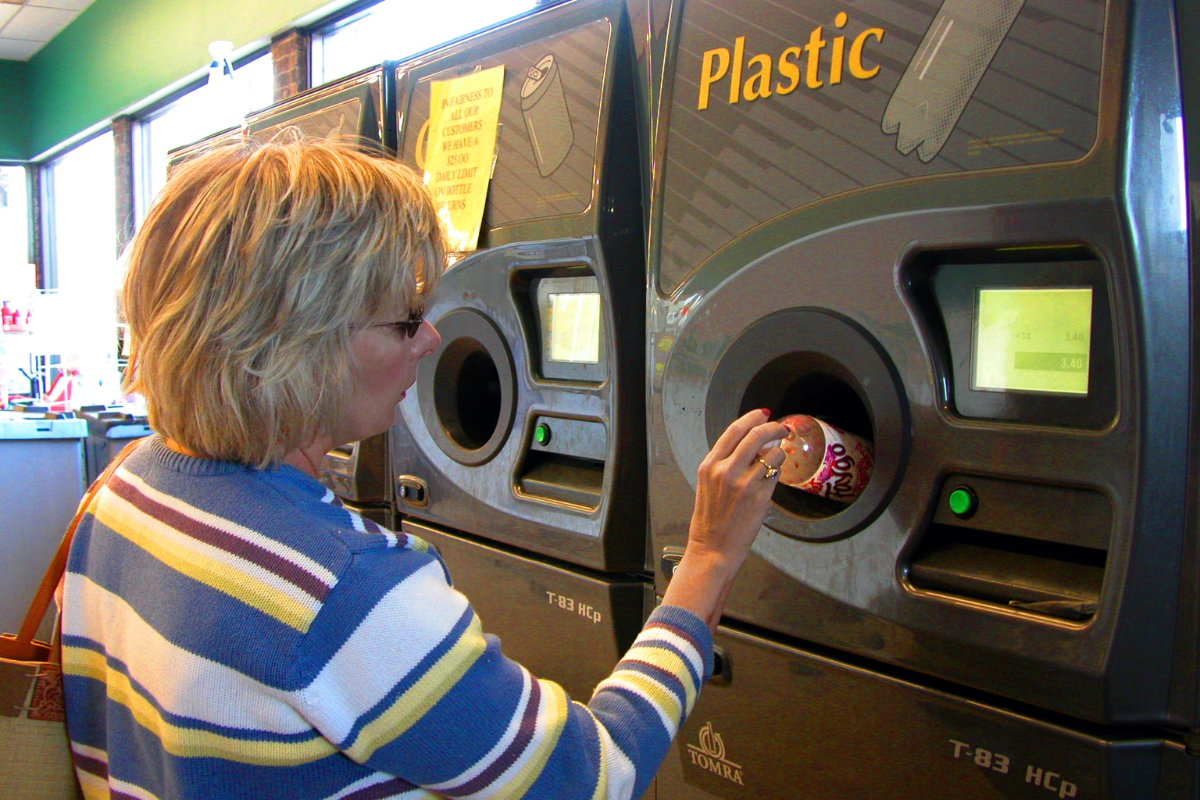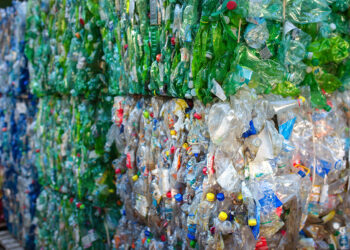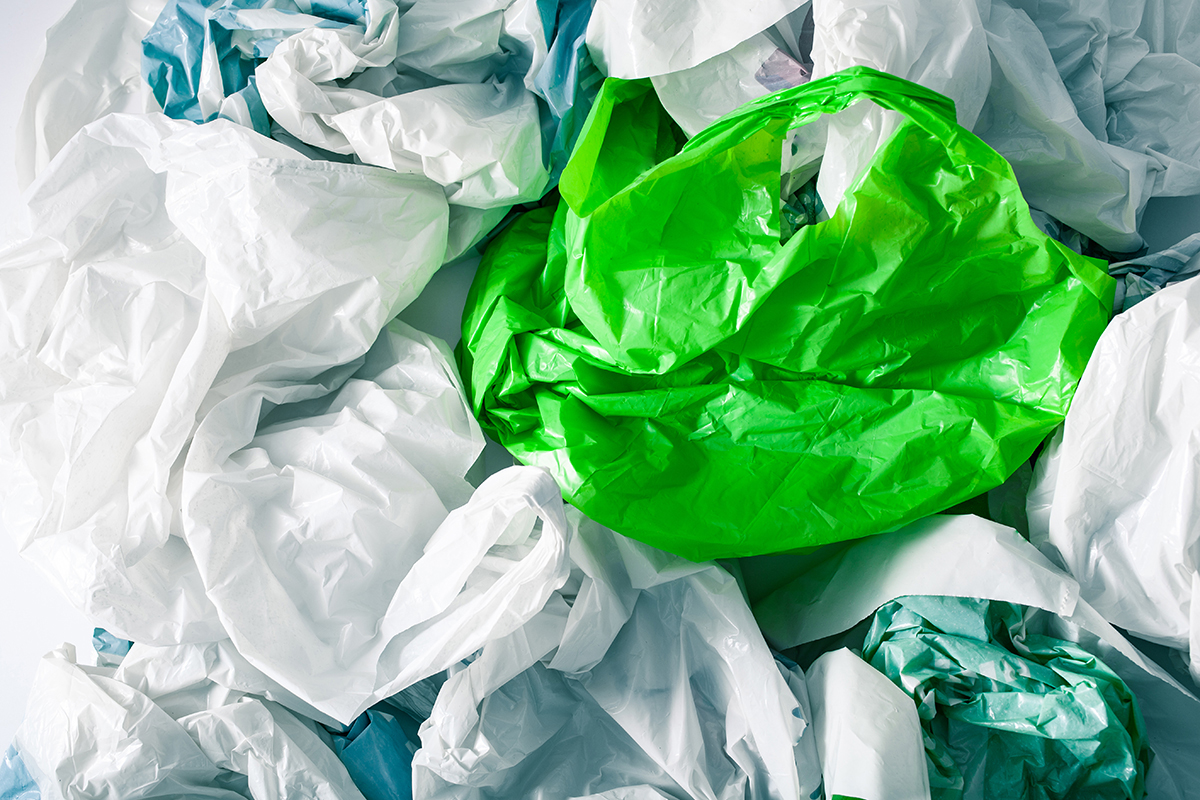Michigan residents recycled more than 25% of household packaging materials in fiscal 2024, setting a record for the fourth consecutive year and leading officials to predict the state will meet its 2029 goal of a 30% recycling rate.
In addition, the state’s Department of Environment, Great Lakes, and Energy recently awarded more than $11.8 million in recycling-related grants.
The grants consist of $4.6 million toward recycling infrastructure, including:
- $696,000 to the Southeastern Oakland County Resource Recovery Authority for MRF upgrades to improve sorting capabilities.
- $780,000 to the city of Detroit and $94,000 to the city of Auburn to increase curbside recycling access.
- $45,000 to the Bay Mills Indian Community in the Upper Peninsula toward building a recycling drop-off center to increase access for BMIC members and the surrounding area.
- $86,000 to Peaine Township and St. James Township to buy reverse vending machines for a community redemption center.
More than half of the total awards will help create or improve drop-off recycling facilities. Drop-off sites can provide an efficient means to collect recyclable materials in sparsely populated areas. Rural areas comprise about 95% of the state’s land area — covering 53 of the 83 counties — and are home to 1.67 million residents.
Although this represents only 16.5% of the total population and rural population has been declining for years, rural counties accounted for nearly half of the state’s population growth in 2020-2023, according to the Office of Rural Development.
EGLE also awarded $5.6 million in Circular Economy Grants, funded by the NextCycle Michigan accelerator program. Of that total, $1.75 million will go toward manufacturing-related projects, such as scaling up Design Declassified‘s operations that make durable goods such as countertops out of plastic scrap. PLOP received $250,000 to help develop its architectural tiles made from mixed-color post-consumer glass using 3D printing.
About $1 million will go toward managing organics. Ed’s Used Parts and Salvage received $116,685 for equipment to prepare organic materials for on-site composting.
Other recipients included:
- $167,000 to Chippin’ In, Detroit, to buy equipment and develop collection kiosks for chip bags to be processed into warming kits for underserved communities.
- $193,155 to Cirba Solutions for an automated sorting line for battery recycling.
- $43,000 to Fibarcode, for research and testing of embedded fabric labeling technology to improve textile sorting.
Goodwill’s Green Works in Detroit received a total of $550,000 to improve its appliance recycling capabilities, from two separate grants. One was from the recycling infrastructure program, and the other was part of the NextCycle program.
Recycling rate again sets record
Before 2019, the state had a rate of 14.25%, according to a press release from EGLE. In fiscal 2023, the state reached a rate of 23%.
The 723,174 tons of collected materials — higher by more than 19,000 tons than in 2023 — consisted of:
- Glass: 71,000 tons.
- Paper: 329,000 tons.
- Plastics: 56,000 tons.
EGLE also found that about 75% of Michiganders surveyed say they have improved their recycling habits since the “Know It Before You Throw It” education campaign launched in 2019. Households in the state also report they are recycling an average of 44% of their waste, higher by 6 points from pre-2019.
With help from The Recycling Partnership, Michigan has introduced more than 333,000 new curbside carts in 34 communities since 2019, helping to improve residents’ access to recycling services, according to the press release.
“Recycling is not only the right thing to do, but also the smart thing to do,” Matt Flechter, EGLE recycling market development specialist, said in the press release.

























